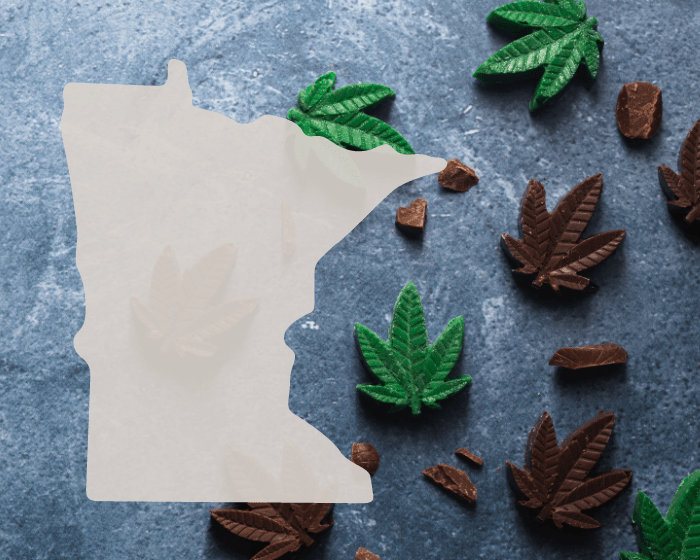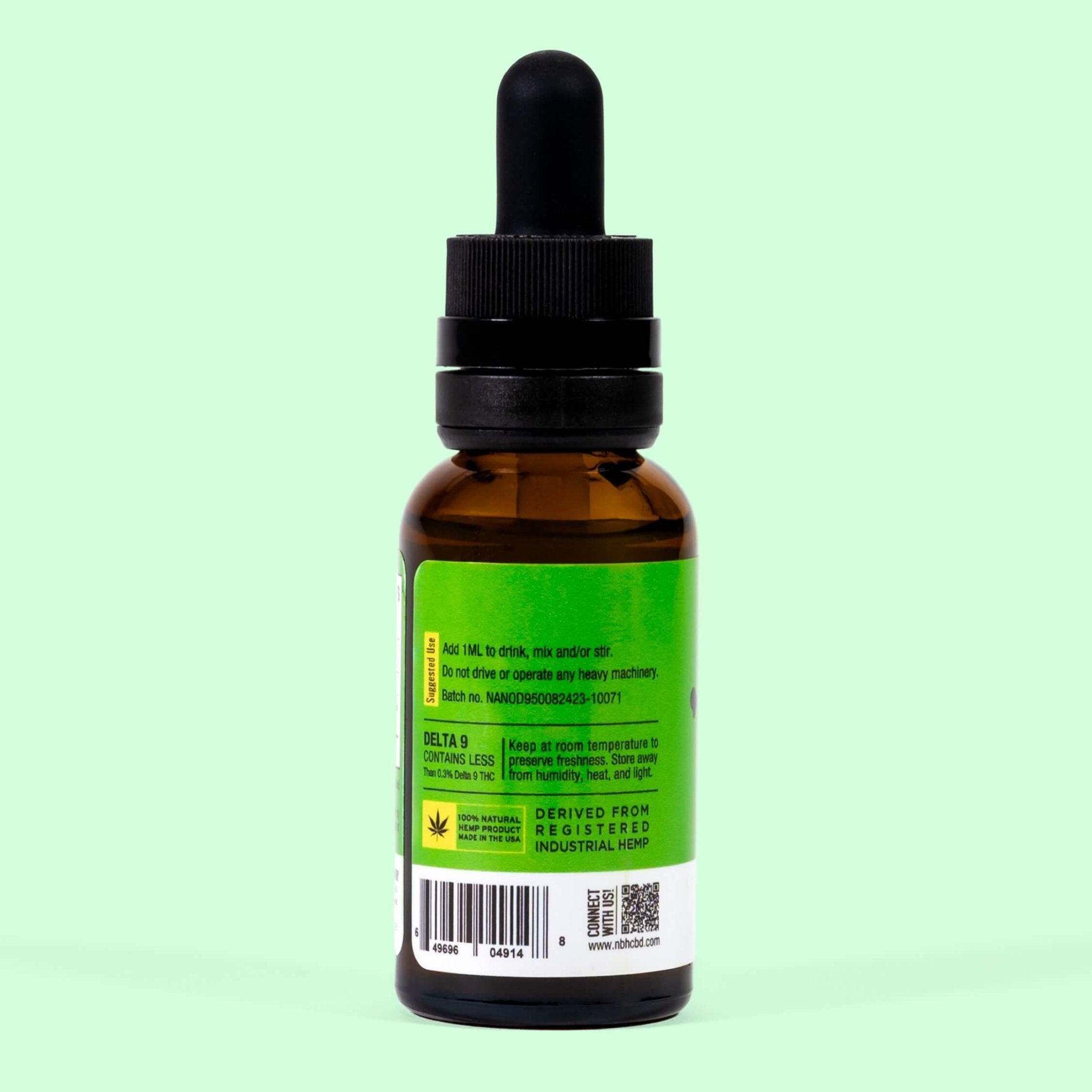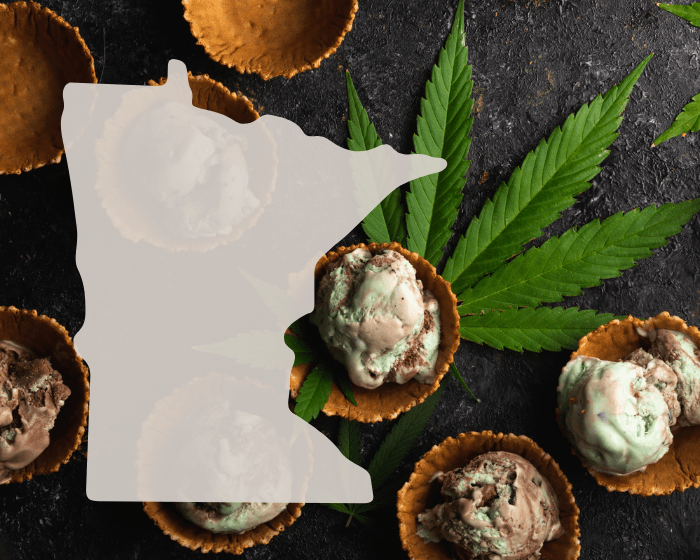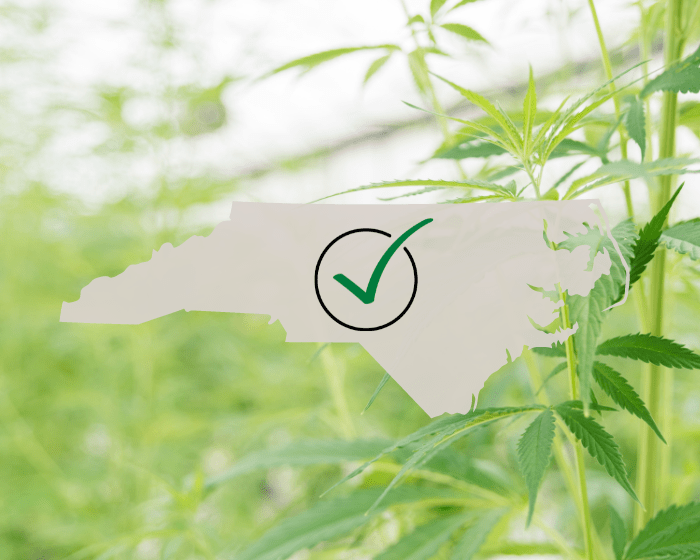Change takes some lawmakers by surprise.

A Minnesota law that went into effect Friday, July 1, allows adults 21 and up to buy edibles and drinks infused with moderate amounts of THC.
THC is now limited to 5 milligrams per serving and 50 mg per package in food and beverages, an amount generally considered enough to notice mild to moderate psychotropic effects.
Under the new measure, delta-9 THC from hemp can be used in food and beverages within the mg limits. Delta-9 is the primary form of THC produced by cannabis plants and was previously off limits for recreational use in Minnesota.
The change is widely being viewed as relaxing restrictions on THC, but the law also brings previously-unregulated THC isomers like delta-8 and delta-10 under much stricter regulation, and includes standards for testing, labeling and child-resistant packaging. As in many other states, delta-8 and 10 were previously available throughout Minnesota because federal and state law named only delta-9 as illegal. And they were not subject to any review or safety standards.
The change is widely being viewed as relaxing restrictions on THC, but the law also brings previously-unregulated THC isomers like delta-8 and delta-10 under much stricter regulation, and includes standards for testing, labeling and child-resistant packaging.
Still, the impact of the edibles provision came as a surprise to many, including some lawmakers who voted for it. In the days before the change took effect, one state senator who reportedly voted for the bill suggested rolling that portion of it back.
“Republican Sen. Jim Abeler, who chairs the MN Senate human services reform committee, tells me he did not realize the new MN law allowing THC edibles would do just that,” tweeted Ryan Faircloth, state politics reporter for the Star Tribune, June 30. “He thought it would just regulate delta-8 THC products, said the Legislature should roll the new law back.”
House Majority Leader Ryan Winkler (D) gave Abeler’s request a hard pass, saying, “He voted for it. He signed the conference report. This is a step forward towards a policy we strongly support," according to Faircloth.
Winkler added: “Our goal was to bring some clarity and certainty into the marketplace for these products, and in doing so we ended up creating a safe harbor, essentially, for selling edibles and beverages with THC content of 0.3 percent and up to five milligrams.”
“Our goal was to bring some clarity and certainty into the marketplace for these products, and in doing so we ended up creating a safe harbor, essentially, for selling edibles and beverages with THC content of 0.3 percent and up to five milligrams.”
— House Majority Leader Ryan Winkler (D)
The state’s pharmacy board was aware of the impacts as the law was being drafted, according to Faircloth, who quoted an email: “Changing the THC limits is a political call, I think,” now-retired Pharmacy Board Director Cody Wiberg wrote March 22 to State Rep. Heather Edelson (D) and two staffers. “A gummy with 5mg of THC can get some people high — kids and adults who haven’t used THC products much. But the Board won’t object to this change.”
The law change was originally reported as taking effect in August, but because the legislation was moved to the state’s budget bill the law went into effect a month earlier with the shift of the fiscal year.
State lawmakers approved the legislation May 22 and Governor Tim Walz signed it into law June 2.








































